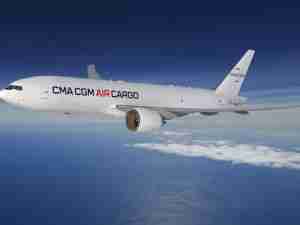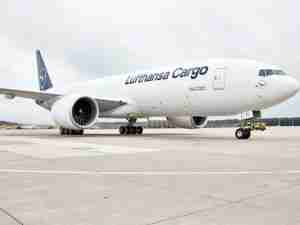A deadline is approaching in the fight by researchers to fly their monkeys on airplanes. On one side are some of the world’s biggest airlines, while on the other are prominent drug companies like Pfizer Inc. and universities including Harvard.
In a complaint filed with the U.S. government, Washington-based nonprofit the National Association for Biomedical Research accuses China Southern Airlines Co., United Airlines Inc., British Airways Plc and Qatar Airways of illegally refusing to transport lab animals such as the non-human primates used in live research trials.
The U.S. Department of Transportation set a Dec. 6 deadline for public comments, and so far has received more than 20,000 submissions.
The NABR says many other airlines also refuse to carry animals used in biomedical research even though the carriers will fly those same species if they’re pets or destined for zoos and sanctuaries. That policy is hampering vital research needed to develop medicines and therapies, according to the Aug. 21 complaint supported by big names such as Novartis AG, Johns Hopkins University and actor Michael J. Fox’s foundation for Parkinson’s disease research.

“The number of air carriers willing to carry research animals has dwindled to the point that biomedical research around the world is quite frankly running out of options,” NABR President Matthew Bailey said in an interview. His association represents more than 350 pharmaceutical companies, universities and other researchers.
The four carriers named in the complaint argue that their policies are a reasonable response to increased pressure from people concerned about animal welfare.
“Airlines that transport animals to and from laboratory testing facilities have been targeted by animal rights groups with protests and other activities that have caused service disruptions to the travelling public,” the airlines said in a filing with the department. “In addition to presenting potential safety risks for passengers, protests can affect airlines’ operations and business functions.’’
U.S. laboratories kept as many as 76,000 non-human primates last year, according to the U.S. Department of Agriculture. Many of the animals came from China, the top supplier of cynomolgus macaques, a common type of primate used in research.
President Xi Jinping’s “Made in China 2025’’ strategy includes efforts to build homegrown champions in the biotech industry. As a result, Chinese breeders can sell the animals at home if international carriers won’t take them.
China Southern and Qatar Airways also said U.S. law allows carriers to choose which types of cargo they haul.
The association’s complaint lists another 27 airlines.
The airlines’ policy threatens to reduce or delay breakthrough medicines and therapies, Pfizer said in its submission. Novartis AG and AbbVie Inc. said in a separate letter that refusal to transport the lab animals undermines biomedical research.










